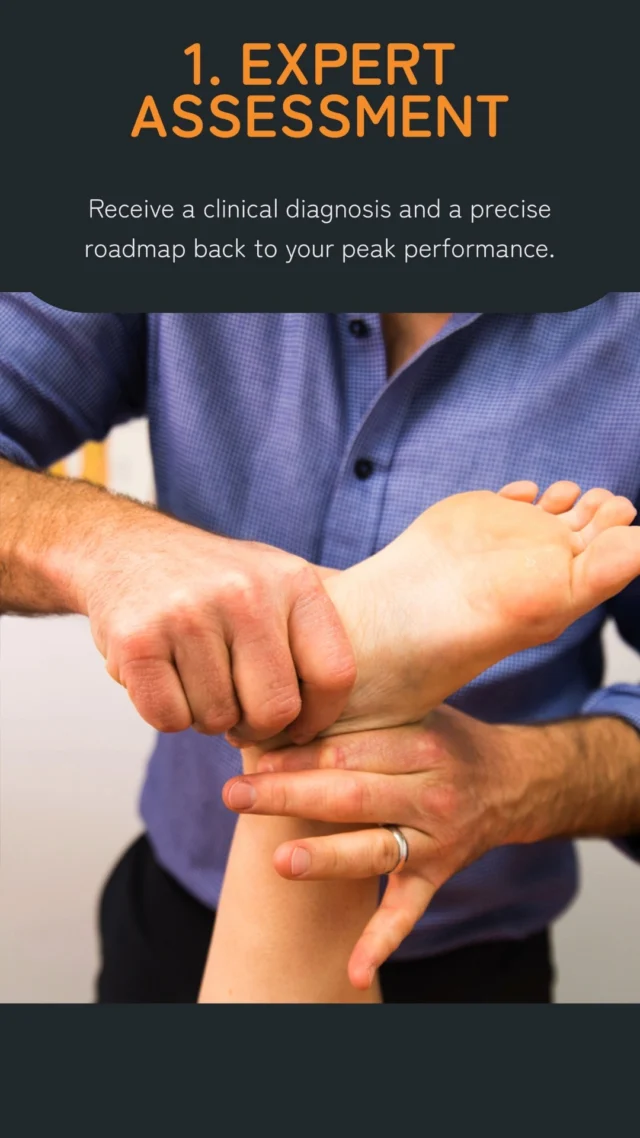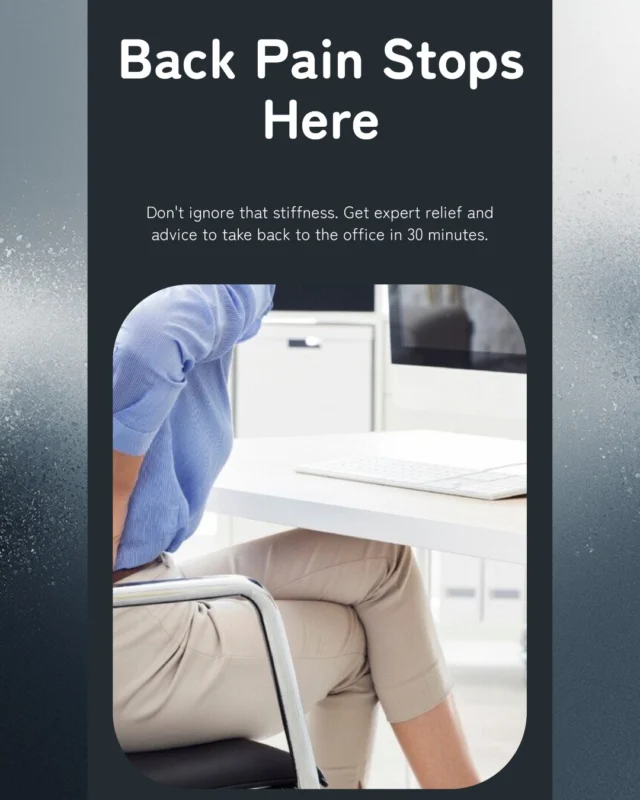You’ve probably heard it before – you need to strengthen your shoulder stabilising muscles. Why is this so important and how might you effectively perform these exercises?
The upper quadrant is composed of your neck, scapula (shoulder blade), and arm. The arm’s only attachment to your skeleton is via the scapula, and the scapula attaches to your skeleton via the collar bone. Stability of the scapula is achieved from the muscles attached to it.
There are roughly 20 muscles that attach to your scapula! Your rotator cuff muscles serve to stabilise the head of the humerus (upper arm bone) in it’s shallow socket and prevent it from riding upwards. Most of the other scapula stabilising muscles attach into your mid-back, neck, and ribs. These muscles further assist your shoulder’s rotator cuff muscles to stabilise the shoulder joint whilst in motion, as well as provide stability through the mid-back and neck.
An injury to the arm, mid-back and neck can disrupt the working relationship between the scapula stabilisers as they appear to become inhibited in the presence of pain. This is similar to the deep core muscles of the low back as they become dysfunctional in the presence of low back pain. As a result, this leads to overworking of the other scapula muscles in an attempt to stabilise the scapula. As these muscles are not designed for this task, increased pressure in the neck, mid-back, and shoulder will commonly result.
With the inhibition of the scapula stabilisers, the arm loses its fixed platform and the rotator cuff can no longer function efficiently. This may not only lead to rotator cuff pathology, such as shoulder tendon impingement, but also elbow, wrist or any other upper limb problems. The development of trigger points (tight knots) in the overworked muscles will commonly cause pain in the neck, shoulder complex, and mid-back.
Regaining control of the inhibited scapula stabilisers is key to restoring pain free function. In my next blog, I will outline the muscles that commonly become inhibited and then describe how to effectively retrain them.
If you get shoulder pain it is never a good idea to exercise through it! Book in to see one of our Sydney CBD Physiotherapists at Bend + Mend and start retraining the muscles.





